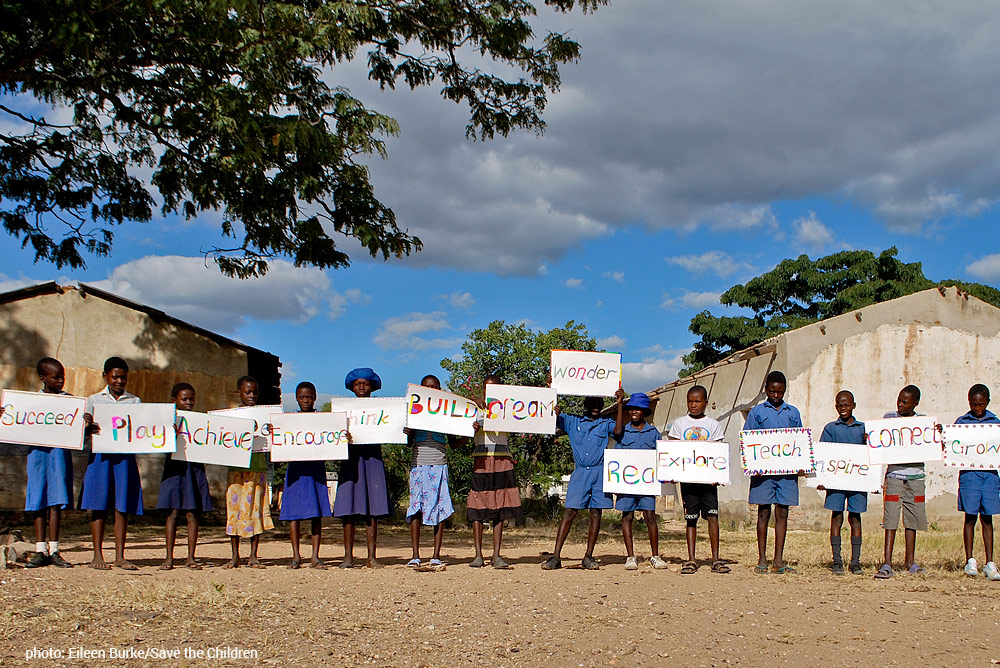Consultation Findings: Local Youth Corner (LOYOC) Cameroon
Education has been at the top of global development and for the last 15 years, the focus has been on achieving universal primary education as outlined in the United Nations Millennium Development Goals. Hopefully, education will continue to be development priority and the next 15 years will focus on ensuring inclusive and equitable quality education that promotes lifelong learning opportunities for all as outlined in the UN Sustainable Development Goals.
Local Youth Corner, in partnership with Big Steps Outreach Network (BONET), hosted two consultations for the International Commission on Global Education Financing Opportunity at All Nations School Awae Yaoundé and the University of Yaoundé II Soa in Cameroon. The consultations brought together over 100 students and civil society leaders, representing over 20 sub-Saharan African countries. Together, they identified the following key challenges to achieving quality and inclusive education across Africa:
- Poverty
- Tribalism and nepotism
- Corruption and embezzlement of funds for education
- Marginalization of the rural areas and lack of infrastructure
- Political interference in the educational sector
- Education that is not context-based and does not guarantee employment
While some consultation participants were optimistic about how education could be transformed by 2030 – particularly with new information and communications technology improving teaching and learning— the majority of participants still believed that there would be no real changes in achieving quality education in Africa. Some young Africans expressed their concerns over the fact that education did not seem to be a priority for many national governments despite leaders in these countries saying that it is. Unfortunately, many African governments have focused solely on increasing the number of children in school instead of tackling issues related to improving education quality. These issues include: increasing teacher training, providing better teaching and learning materials, and rigorous and regular teacher evaluations and monitoring. In addition, participants highlighted the following questions as areas of concern:
- To what extent would the Education Commission’s recommendations push African governments to implement them?
- Will African countries be able to adapt to the rapid changes in the constantly evolving technological world?
The consultation highlighted the eagerness of young Africans from diverse backgrounds to contribute to addressing global challenges and in particular to issues related to education. We were lucky to meet and speak with so many young people with different educational backgrounds and nationalities, as well as at different levels of education from secondary school to university. We hope African governments will listen to the voices of African youth and implement the forthcoming recommendations from the Education Commission because African countries desperately need to improve education quality and lifelong learning opportunities for all.
Tangang Andrew is the Secretary General of Local Youth Corner (LOYOC) in Cameroon.

